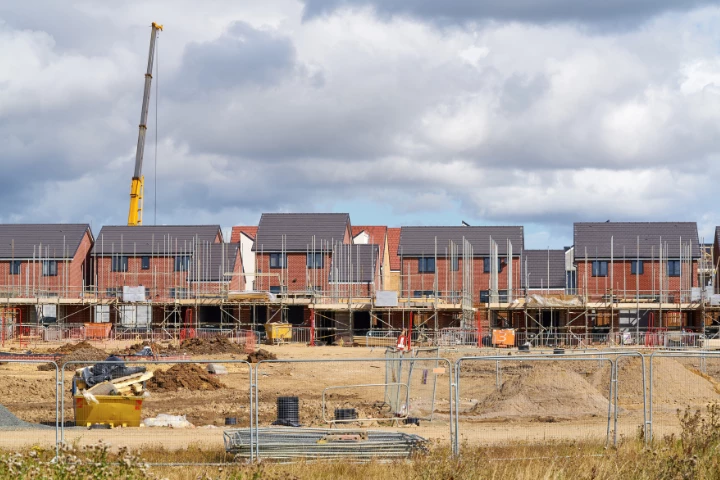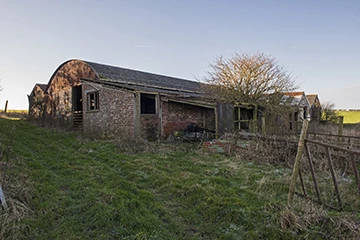As a landowner with land suitable for development you typically have two arrangements you can enter into with a developer or planning specialist, but how do these agreements differ and what one's right for you?
For those looking to unlock the development potential of their land, entering into an arrangement with a developer or promoter is probably the most effective course of action, especially if time, experience or money is lacking to fund the promotion and planning application themselves.
By far the two most popular arrangements landowners can enter into are an Option Agreement or a Promotion Agreement. The former was standard for many years, while the latter has only more recently come to the fore.
Taking the Option Agreement first, this is an agreement between a landowner and most usually a developer, in which the developer has the right to buy the land within a specified timeframe (five to ten years is the norm) providing certain conditions are met. These conditions, most significantly applying for planning permission, are undertaken at the developer's own cost, and once met to a satisfactory standard, the developer may then exercise their option to purchase the land. The price of the said land can either be negotiated once planning permission is granted or fixed at an agreed minimum figure.




